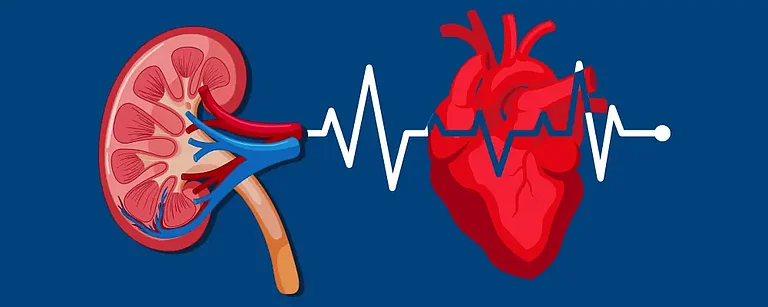TikTok is abuzz with a new health trend called “soda loading,” where users claim that adding a small scoop of baking soda to a glass of water can deliver a range of benefits—from reducing acid reflux and enhancing workout endurance to preventing kidney disease and aiding weight loss. But how effective and safe is this viral practice?
Baking soda, or sodium bicarbonate, is an alkaline compound used in various applications, from baking to cleaning. Its pH level of approximately 8.3 categorizes it as alkaline, which is central to its touted benefits. However, experts caution that excessive consumption of baking soda can lead to significant health risks.
The primary concern with baking soda is its high sodium content. According to the American Heart Association, the recommended daily sodium intake should not exceed 2,300 mg. A single teaspoon of baking soda contains about 1,200 mg of sodium, which is substantial. Excessive sodium can lead to high blood pressure and other cardiovascular issues.
Overconsumption of baking soda can also lead to metabolic alkalosis, a condition where the body’s pH level becomes excessively alkaline (greater than 7.45). This can impair heart function and reduce blood and oxygen flow to various tissues.
Some fitness enthusiasts swear by “soda loading,” claiming that baking soda enhances workout performance by reducing muscle acid buildup. A 2021 review by the International Society of Sports Nutrition supports this, indicating that baking soda can improve performance in high-intensity activities for short durations. Athletes have reported that it helps them complete more repetitions with less fatigue.
Dr. Chris Mohr, a fitness and nutrition expert, acknowledges the potential benefits but warns of gastrointestinal distress from excessive use. He advises consulting with a sports dietitian before incorporating baking soda into a fitness regimen.
Baking soda is known for its antacid properties, and some use it to alleviate heartburn and indigestion. A 2022 review found that baking soda can help reduce stomach acid levels. However, Dr. Christie Youssef, a family medicine practitioner, cautions against frequent use. Overuse can disrupt stomach acidity, leading to discomfort, nausea, and other digestive issues.
On social media, baking soda is touted as a weight loss aid. However, experts dismiss this claim, stating that any weight loss associated with baking soda is more likely due to digestive discomfort rather than actual fat reduction. This approach is both painful and unsustainable.
Research indicates that baking soda might have a role in managing chronic kidney disease (CKD). A 2021 study suggested that bicarbonate supplementation could slow CKD progression by helping the kidneys manage acid levels more effectively. Dr. Paul O’Connor, a professor of physiology, supports this, noting that bicarbonate can help offset acid load in CKD patients.
Nevertheless, no evidence supports the idea that baking soda can prevent kidney disease. Medical professionals emphasize that anyone considering baking soda for health purposes should consult with a healthcare provider to avoid potential risks.













.png?auto=format%2Ccompress&fit=max&format=webp&w=376&dpr=2.0)












